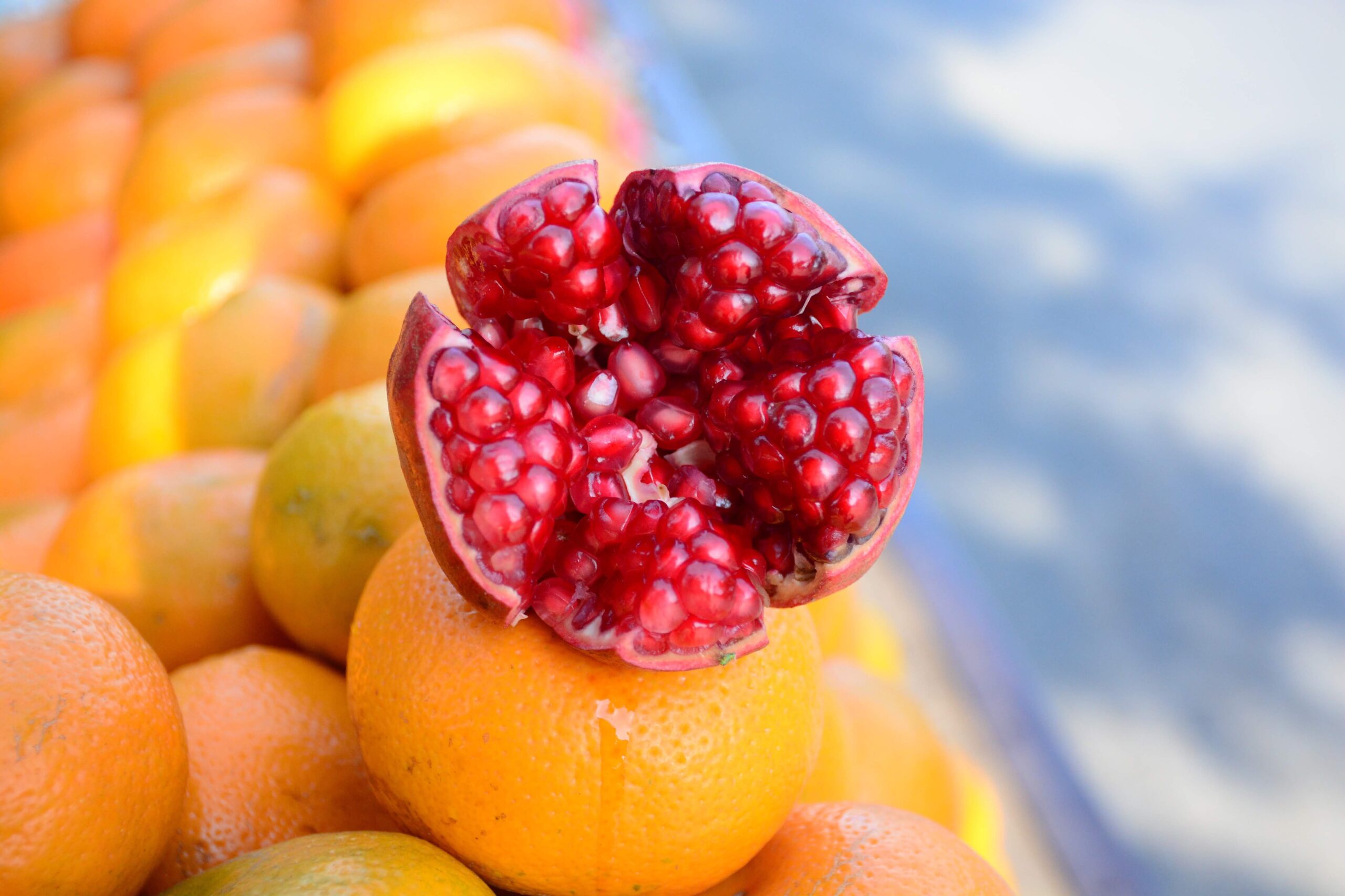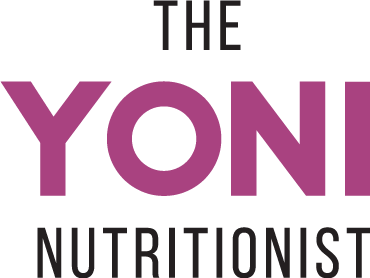Managing Herpes Outbreaks with your Diet

Did you know that herpes is a manageable virus, and can easily be managed with your diet?
I’ve personally lived with HSV-2 for over 20 years. There was a period of time in my life when it wasn’t an issue, and there was a period of time in my life (under a period of chronic high stress), when I got frequent, recurring outbreaks.
With my own personal experience of living with herpes as well as my education as a nutritionist, I know how important diet, nutrition, and wellness are for managing, healing, and preventing herpes outbreaks because I have experienced it myself.
Herpes is one of the most common viruses that many people live with, but sadly still carries a lot of shame and stigma along with it.
Herpes is so common that 1 in 4 people live with HSV-1 (oral/genital herpes) and 1 in 5 people live with HSV-2 (primarily genital herpes). I think more people than that live with herpes because most of the time herpes is asymptomatic and many people don’t know that they have it because they haven’t been tested. Herpes tests are not part of normal STI panel tests, you have to ask for them separately and most people don’t know that.
Herpes can be both oral AND genital. The common cold sore (HSV-1) is herpes which may or may not be sexually transmitted. Oral cold sores can also be passed to someone’s genitals, resulting in HSV-1 genital herpes. HSV-2 is primarily genital herpes and is rare to be orally transmitted.
Many people who live with herpes are mostly concerned with how they can manage it within their bodies to manage and prevent their outbreaks and prevent transmission to their partners.
This is why it’s important to know what foods you can eat and what foods you need to avoid to manage, prevent and heal recurring outbreaks, as well as shorten their duration or severity, boost your immune system, and support your gut health and nervous system.
What triggers herpes outbreaks:
- stress
- diet (some people are more sensitive to foods triggering outbreaks than others, but the most common food trigger of herpes outbreaks is sugar)
- excess alcohol, caffeine, and recreational drug consumption
- inflammation
- hormonal changes (especially around your period)
- friction and sex
- lack of sleep
- smoking (cigarettes)
This is what weakens and suppresses the immune system which can trigger outbreak flare-ups. Some people rarely get outbreaks but some people go through a phase where they get them often (like I did).
These things also can be managed holistically – with your diet and lifestyle to strengthen your immune system, support your gut health and nervous system, and help to keep your hormones balanced.
Here is a high-level overview of the foods you should be including in your diet and the foods that you should be avoiding to manage, prevent, and heal your outbreaks. If you want more detailed information, I share much more in my Healing Herpes Holistically guide!
FOODS TO EAT
Vitamin C:
– Increases healing of herpes ulcers helps to enhance the immune system
Food Sources: Citrus Fruits, strawberries, broccoli, peppers, cantaloupe, tomatoes, Kiwi fruit
Lysine:
– Lysine has anti-viral properties and prevents and heals herpes outbreaks.
Food Sources: Parmesan Cheese, Eggs, Avocado, Lean cuts of meat (i.e. chicken)
Zinc:
– Reduces the frequency, duration, and severity of herpes outbreaks
Food Sources: Oysters and shellfish, chicken, legumes, lean red meat, chicken, turkey, beef and lamb, Whole grains; amaranth, buckwheat, quinoa
Vitamin A:
– Supports and maintains a healthy immune system
Food Sources: Sweet potatoes (beta carotene), Beef liver, Spinach, Carrots, Peppers
FOODS TO AVOID
Arginine:
– Normally a beneficial amino acid that reduces the healing time and repairs damaged tissue. However, it makes herpes outbreaks worse. People who live with herpes should avoid foods with a high arginine-to-lysine ratio, especially at the time of an outbreak.
Foods high in arginine: Nuts and seeds, Chocolate/cacao, Wheat, Corn, Bananas
Alcohol, Caffeine, Cigarettes & Recreational Drugs:
– All of these things weaken your immune system, trigger your nervous system, throw off your hormones, and can cause a lot of physiological stress in the body which causes inflammation. When you live with herpes, make sure to either avoid these things or consume them in moderation (and responsibly!)
Sugar:
– Consuming sugar (especially processed, refined sugar) can cause an imbalance in the gut microbiome by feeding the “bad bacteria” in the gut, causing inflammation in the body, causing hormonal imbalances which can weaken the immune system.
These are just scratching the surface of the dietary recommendations I suggest for managing, preventing, and healing herpes outbreaks.
If you want more in-depth information about all of the foods you should be eating and avoiding, the supplements you should take, and the lifestyle practices you can incorporate into your daily life to manage and prevent your outbreaks, I share over 150 pages of valuable information in my Healing Herpes Holistically online guide.
It’s like the herpes handbook you needed when you were diagnosed, and way better than a google search. If you live with herpes, you need this in your life! It will teach you everything you need to know about how to manage, prevent & heal herpes outbreaks, without having to rely solely on the help of your antiviral medication, AND doing all the research yourself.
If you are struggling with your herpes diagnosis and need personal support, I offer Herpes Support calls as part of my services. I create a safe space for you to feel comfortable talking about your experience with someone who understands and who has been there too! Sometimes it helps to talk to someone who gets it.
CLICK HERE to book a 30min call with me, I’d love to support you!
Don’t forget to follow me on social media @yoninutritionist where I share more valuable information about herpes.
10 Comments
-
MusicMan84
I’ve been doing a lot of research and am getting conflicting answers about a few items. Some articles say they’re good and some say they’re bad. It’s very confusing. Maybe someone can help? These items are….
Beef
Soy
Lemon and other citrus
Cashews
Banana-
yoninutritionist
Hello, thanks for your question! It can be really confusing with all the info that’s available online but I’ve helped clarify some of these questions on my Herpes Nutrition & Support Facebook Group. If you’d like to join to find out more info, here’s the link:
https://www.facebook.com/groups/herpesnutritionandsupport/ -
Katherine Calderon
I have the same problem too. It’s frustrating!
I’ve actually had to sit down and look through make different articles and websites and studies and charts to see the majority of answers for certain foods.For beef from what I have searched, it’s okay. It was for lysine than arginine.
Lemon is fine but in water because it becomes alkaline and it helps your body fight off the outbreak. Other citrus fruits you should stay away from. From what I have read on a different pages most contain higher levels than arginine over lysine.
Cashews are a big no because they contain higher amounts of arginine compared to lysine.
Bananas are actually a happy medium containing a bit more lysine over arginine. It’s not a great difference but the lysine content is still higher than the arginine content. So go for some bananas!
Definitely recommend: Greek yogurt, fish, cheese, potatoes. Main staples in my diet during an outbreak since their lysine content overpowers the arginine content drastically!
Hope this helps. Take care!
Soy I would stay away from because I’ve red more on how it has more arginine than lysine. So best to limit or avoid that during an outbreak.
-
-
Alesha
Love these comments. I too was getting frustrated with all the conflicting information.
I’m about to have a baby and really trying to keep herpes at bay through nutrition, but it’s hard when so much of the info conflicts. I found this article helpful. Thank you-
yoninutritionist
I’m so glad you found it helpful! Good luck with the birth of your baby (if it hasn’t happened already!)
-
-
Jessay
Thank you so much for talking about your experience. There isn’t much blogging about this and how they deal with it. This is such a sensitive topic and no one wants to talk about it.
-
yoninutritionist
I’m so glad you find it helpful, and you’re right, there isn’t enough info about this online!
-
-
Toni
I’m and RN and work in a Functional medicine clinic. I found this breakdown very helpful. Thank you.
-
yonilogin
Thank you so much for your feedback! I’m so glad it helped 🙂
-
Comments are closed.






Dagmar
Lysin is also very high in chickpeas (highest) as well as lentils – for the vegetarians and vegans out there.